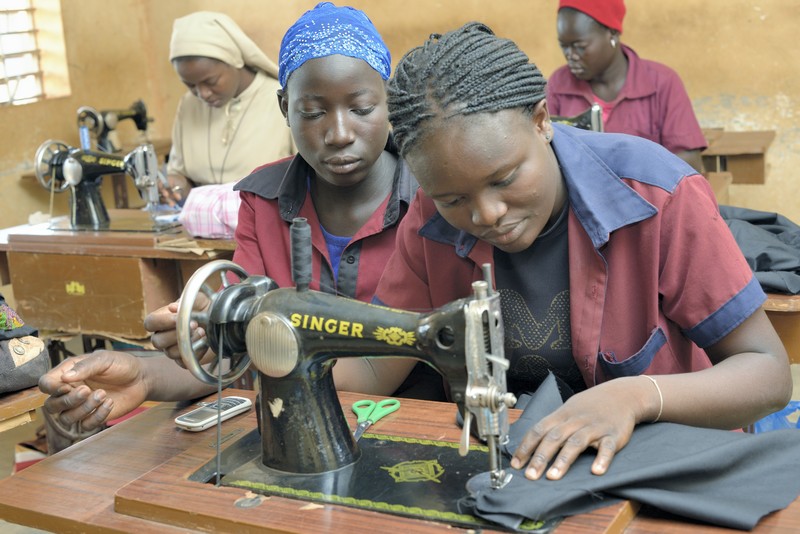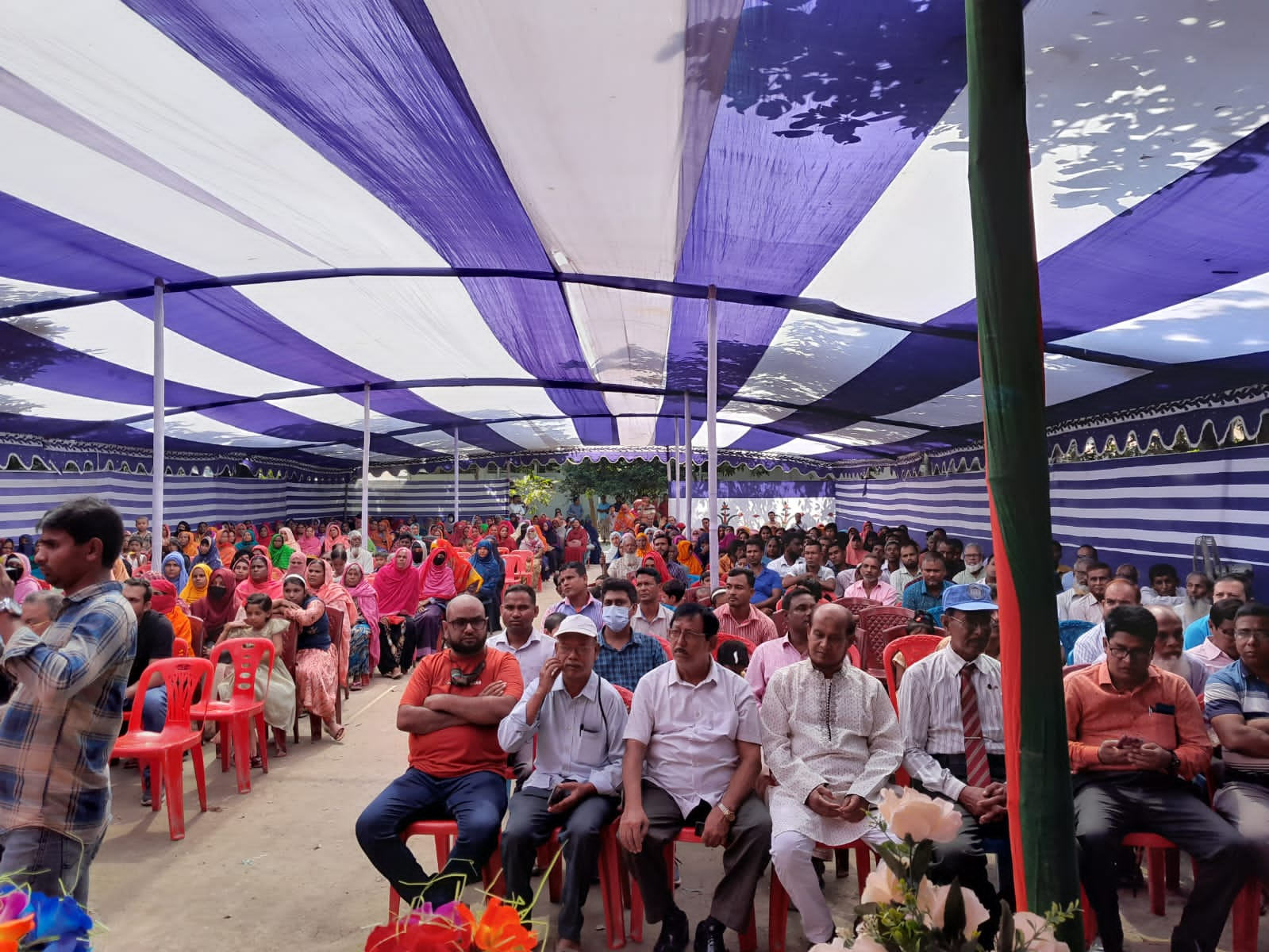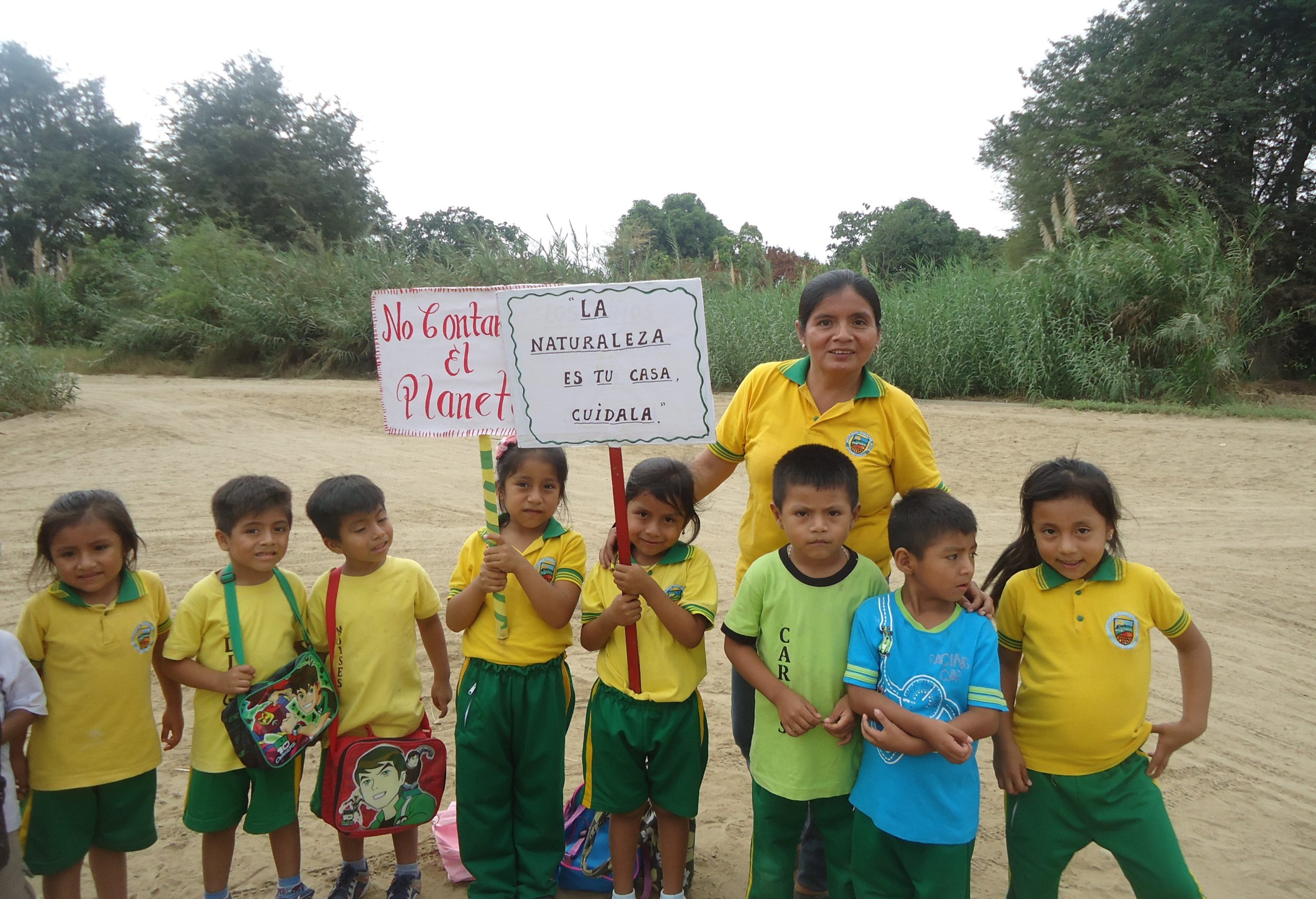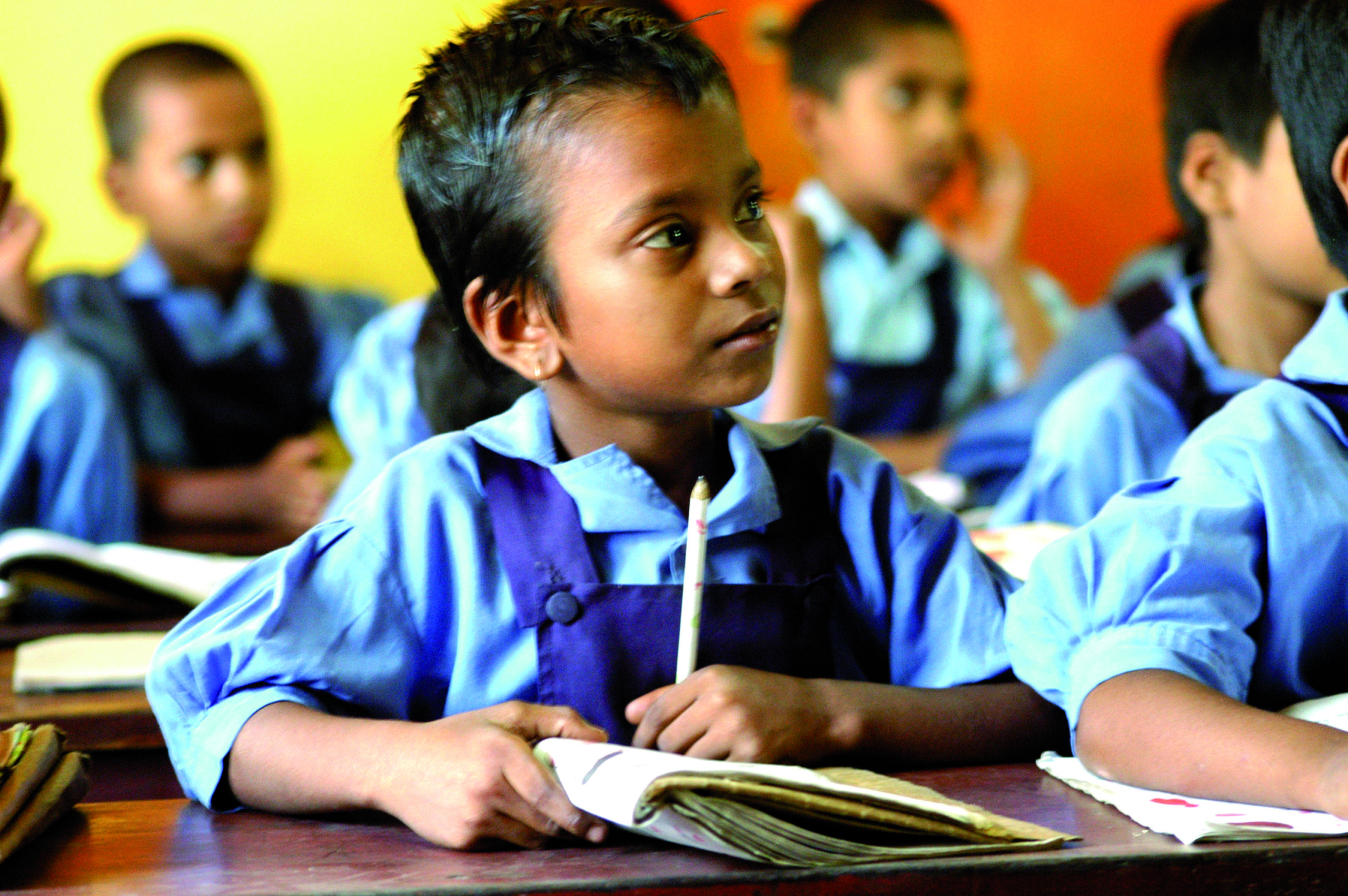Emmaüs Solidarité Ouaga – A professional training centre to address the lack of education and training in Burkina Faso

To mark the International Day of Education on 24th January, Emmanuel Sciambo, leader of the group Emmaüs Solidarité Ouaga in Burkina Faso, spoke to us about the work his group has been doing over the years to provide an education for vulnerable children who are very often deprived of access to schooling. He explained how the structural adjustment programme followed by the State has led to its withdrawal from its role in supporting education at all levels (primary, secondary and higher), and the disastrous consequences of this, particularly for the most disadvantaged groups in society.
Burkina Faso is a neo-colonial, agricultural and underdeveloped country. It faces significant developmental challenges and fundamental rights are not guaranteed for the poorest populations, who are the great majority in the country. These people live in very insecure conditions, below the poverty line.
From the colonial to the neo-colonial period, school (and consequently, education), which is one of the fundamental rights, has been and continues to be inaccessible for the great majority of young people in the country. From 1970 to the present day, the situation has gone from bad to worse following the failure of successive trial-and-error reform attempts. This situation was exacerbated by the imposition of structural adjustment programmes by the World Bank and the IMF, the conditions of which were the withdrawal of the State from social sectors such as all types of education (primary, secondary and higher). In its report (WB, 1087 p. 96), the World Bank states that “the adjustment programme for the education and training system will consist of two parts: diversification of sources of funding and management of cost per unit”. Who but the populations will pay, now that the State has withdrawn?
With the application of the structural adjustment programme in the education sector, there has been a diversification of sources of funding with all the disastrous consequences that this entails, particularly for the most disadvantaged members of society.
Many of the young people who are able to attend school have to drop out before finishing their studies for several reasons: lack of public schools, predominance of profit-seeking private establishments, the high cost of tuition fees, or because their parents lack sufficient resources to pay tuition fees, etc.
In this context and in accordance with its objective of working with the poorest populations, ESO decided to set up a professional training centre for sewing and tailoring. The aim of this is to train young people in a job which will allow them to set up independently once they leave the centre, thus avoiding unemployment. The centre accepts children from poor families, orphans and all those who cannot afford to continue at school.
There is very high demand, due to the great number of children outside the school system. This has led the association to implement two training cycles which each last three years, after which the students are awarded a Professional Qualification Certificate. In total, there are 120 learners per year, trained by six permanent instructors. Many of these students obtain their Professional Qualification Certificate (success rate of 75 – 100% every year) and set up independently in workshops in Burkina Faso’s cities and towns. Some come back to the centre for events organised by ESO to speak about their gratitude to the association.
The annual cost of training is as low as possible (less than €100) for the level of quality of the training, and demand is constantly growing.
Find out more about ESO’s professional training centre → http://actemmaus.org/en/project/show/119


